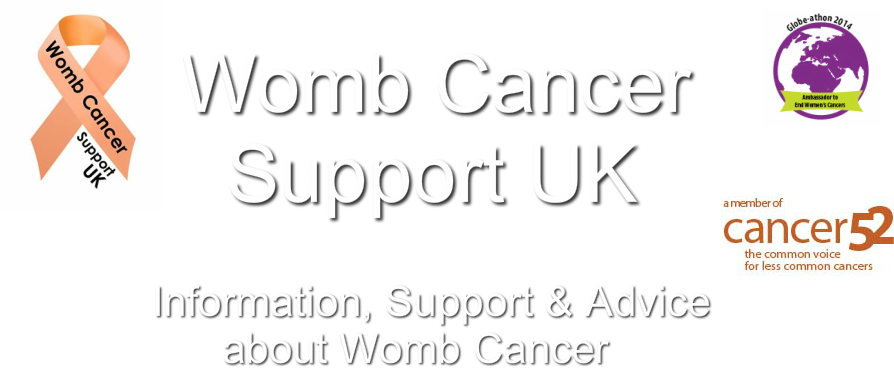"I attended this workshop on behalf of WCSUK at R.C.O.G
We were divided into very small groups In the morning we found out about the role of the RCOG in training doctors and a bit about how the curriculum is being developed.
Before attending the workshop I had been asked to bring along 3 key points that we thought are important
We then explored and discussed what we think specialist doctors should “do and be like”
At this session I fed in the following points
1) Doctors need to be active listeners and give time and also privacy when important.
2) We need Drs who enable and inform women
3) Doctors need to treat women as iindividuals (used the example of 2 women with similar diagnoses one may choose a Mirena Coil and regular hysteroscopies where another like myself would survive better emotionally after hysterectomy}
4) Doctors need to be informed re signs and symptoms of womb and other cancers
Other qualities that came up were doctors need to be personable, have emotional intelligence ,empathy, and be skilled communicators both verbally and in writing
1) Doctors need to use clarity of language
Not use phrases like “womb cancer is an easy cancer” as this phrase can have a huge impact during emotional recovery from treatment
.2) Doctors need to recognize women are all individuals and recognize some women need a lot of information and others less. We talked about Drs having enough knowledge to signpost women to information
In the afternoon we explored what knowledge specialist doctors have.
This session was divided into 4 areas including
· Pregnancy and birth
Gynae and menopause
Fertility and womens health
Other areas of knowledge and Understanding
I managed to feed in that many women find hysteroscopy a painful experience. Doctors need to be aware and offer options for pain control and dignity needs to be maintained throughout .for example waiting till the women are dressed and sitting before breaking bad news .
At the end of the workshop there was a board put up to add anything else that was still burning so I put a WCSUK card on it with the signs and symptoms.
I also managed to feed in that doctors do need to recognize cancer can affect women though the age ranges and put a few stats re youngest people you have had and stat re amount of women in group diagnosed young .
Very positive workshop, met some interesting people with a wide range of special interests in womens health.
Thanks to Kaz for the opportunity to go yesterday" .

 RSS Feed
RSS Feed
